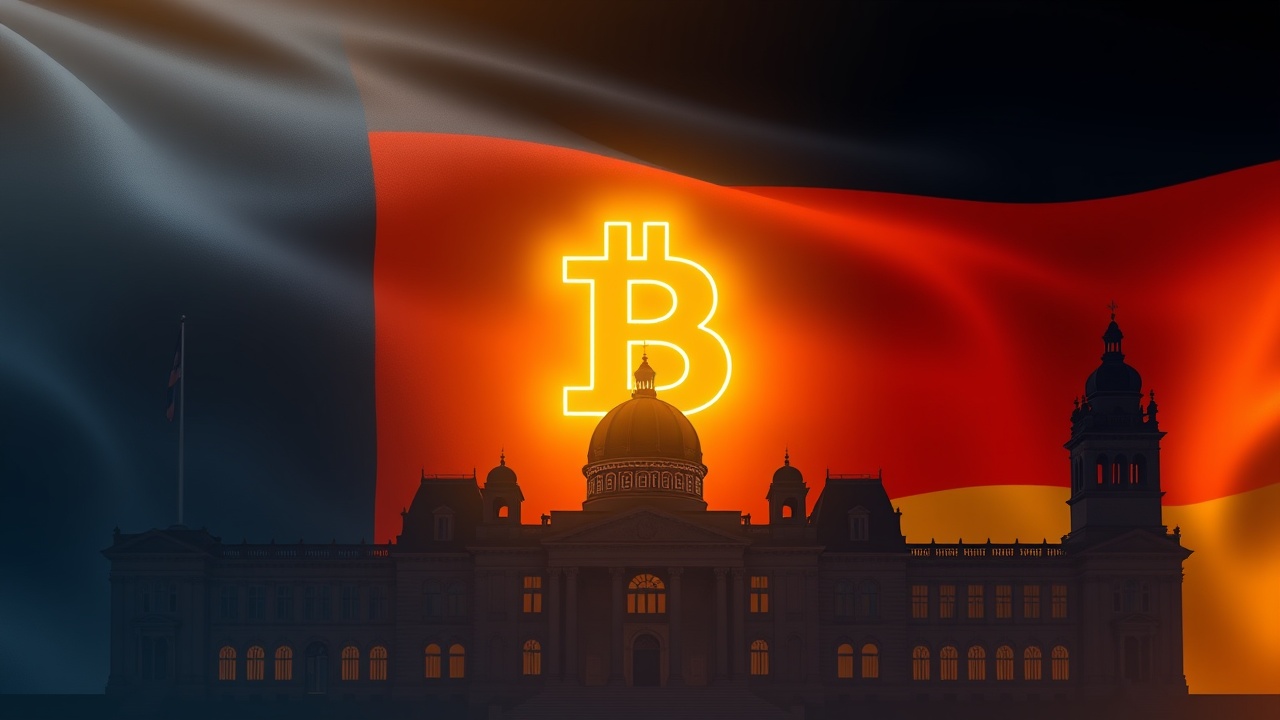The Alternative for Germany’s Bitcoin Initiative
The Alternative for Germany (AfD), now the second-largest faction within the German parliament, is spearheading an initiative to create a strategic reserve of Bitcoin, mirroring a recent initiative proposed by France. On October 29, this far-right political party submitted a formal motion aimed at establishing such a reserve, which they argue would help mitigate inflationary pressures and currency fluctuations. Should this proposal succeed, it could signify a significant shift in the acceptance of Bitcoin (BTC) in Germany, the continent’s largest economy.
Community Reaction and Criticism
The reaction from the cryptocurrency community has been largely positive. Many users took to social media to express their enthusiasm over the possibility of Germany recognizing Bitcoin’s status as a credible financial asset. However, there’s also criticism directed at the government for having sold 50,000 BTC in June 2024 when the price was approximately $54,000. Since then, the value of Bitcoin has more than doubled, leading to speculation about potential losses of over $3.5 billion in unrealized profits.
One individual commented on social media that the discussions of Bitcoin reserves signify an end to the notion of Bitcoin being merely “magic internet money.”
The AfD has a history of advocating for cryptocurrency, often voicing positions not seen in more traditional political circles. A recent motion titled “Recognizing Strategic Potential of Bitcoin – Preserving Freedom through Tax Restraint and Regulation” advocates for Bitcoin to be classified distinctively from other cryptocurrencies and proposes tax exemptions for holders after a year.
Concerns Over EU Regulation
In addition, the party has raised concerns regarding potential EU overreach in regulating cryptocurrencies and rejected the idea of implementing a European digital euro, asserting that BTC represents “stateless money.”
Germany’s Bitcoin Holdings
Notably, Germany’s prior decision in June 2024 to liquidate nearly 50,000 Bitcoin, which had been confiscated during law enforcement operations, came while Bitcoin was trading at about $57,900 each. Had these assets been retained, their current perceived value would be around $5.6 billion, highlighting a substantial opportunity lost.
Comparative Initiatives in Europe
This move by AfD follows closely on the heels of a proposal from the French UDR party, led by Éric Ciotti, which seeks to establish a BTC reserve encompassing 2% of the total Bitcoin supply, aimed to accumulate roughly 420,000 BTC over the coming years. Their strategy includes public Bitcoin mining, asset confiscation, and the allocation of savings fund contributions. Similar to the AfD, the UDR has also voiced its opposition to the creation of a digital euro while advocating for tax exemptions for daily transactions capped at 200 euros. However, significant doubts remain about whether the UDR can garner sufficient support, as it holds only a handful of seats in the parliament.
Developments in Switzerland
In a parallel development, Swiss politician Samuel Kullmann has expressed intentions to introduce Bitcoin into the Swiss constitution, a campaign he has promoted since early this year. He aims for the Swiss central bank to begin incorporating Bitcoin into its financial framework.
Currently, the only European nations officially holding Bitcoin are the United Kingdom and Finland; Germany’s Bitcoin holdings stand at zero, following the government’s recent sales.




